Dr. Heike Kuhn, Head of Unit, Education, Federal Ministry for Economic Cooperation and Development (BMZ), Germany
Do you remember a female headmaster or university president when you were a student? If yes, you are among the few lucky ones! These are not marginal statistics — they are structural signals. Leadership in education, today, does not reflect the diversity of the systems it is meant to serve. This glass ceiling bars girls and women from leadership positions in education and must go!
You cannot be what you cannot see. Leadership is one of the most powerful forces shaping education — and yet one of the most overlooked. It defines how schools function, who gets heard in staffrooms, and whether equity is just a word in policy or truly a lived experience. But the problem is not just how leadership operates — it’s who holds it.
The UNESCO 2025 Gender Report Women lead for learning shows clearly that education systems around the world suffer from a leadership imbalance: in contexts where women dominate the teaching workforce, they remain dramatically underrepresented in formal leadership roles.
Let’s take just one example. According to the report:
- In over half of the countries explored in the report, women make up more than 60% of primary school teachers, but
- They represent less than 20% of head teachers in 33% of these countries.
This discrepancy is even starker in secondary education and almost universal in higher education. This must change.
Promoting women’s leadership in education is not just a nice-to-have—it is both a moral and economic imperative. The Gender Report demonstrates that when women lead, schools are more likely to focus on educational quality rather than administration, and foster inclusive, collaborative learning environments—all of which ultimately lead to improved student outcomes.
A compelling case study in the report comes from Ethiopia. In a recent research paper, Prof. Abebaw Yirga Adamu from Addis Ababa University examined female leadership in public universities and found that:
- Only 2 out of 46 public universities in Ethiopia are currently led by women.
- Women in the same country hold just 8% of senior leadership positions, down from 12% just a few years ago.
- In contrast, the number of female students and faculty has been increasing, indicating a widening gap between educational participation and decision-making.
These women — the few who do lead — are not only administrators. They are change agents, navigating systems not built with them in mind. They often carry additional emotional and institutional burdens, yet remain deeply committed to inclusion, fairness, and progress. As women, they are role models for young girls and students, empowering them from the beginning of their educational journey.
At the German Federal Ministry for Economic Cooperation and Development (BMZ), these findings resonate deeply with our broader commitment to gender equality and inclusive, resilient education systems. We congratulate the GEM Report for putting an issue like female leadership on center stage — and for challenging policymakers to act on evidence.
Only when we collect disaggregated data, examine gendered patterns in leadership access, and analyze their consequences, we can develop truly system-relevant policies. The call is clear: equity in leadership is not a side issue — it is core to the quality and legitimacy of education systems.
That’s why BMZ integrates leadership development and gender equity in many of its education programmes. This includes:
- Supporting leadership pathways for women in school management and teacher training,
- Promoting gender-sensitive governance structures at institutional and ministerial levels, and
- Building platforms for peer learning and exchange between female leaders across countries.
But we also recognize the limits of technical interventions if structural change does not follow. Removing barriers — from biased recruitment criteria to discriminatory norms — is essential. Female leadership cannot remain the exception — it must become the norm and therefore change societies.
The 2025 Gender Report reminds us that leadership is not gender-neutral — and never has been. It offers inspiration, not just sobering statistics: from countries that have made gains through quotas, to schools that foster inclusive leadership cultures, to individuals who change systems from within. As Prof. Abebaw writes: “Women’s leadership is not only a matter of representation, but of institutional transformation.”
We agree. This transformational change is urgently needed.
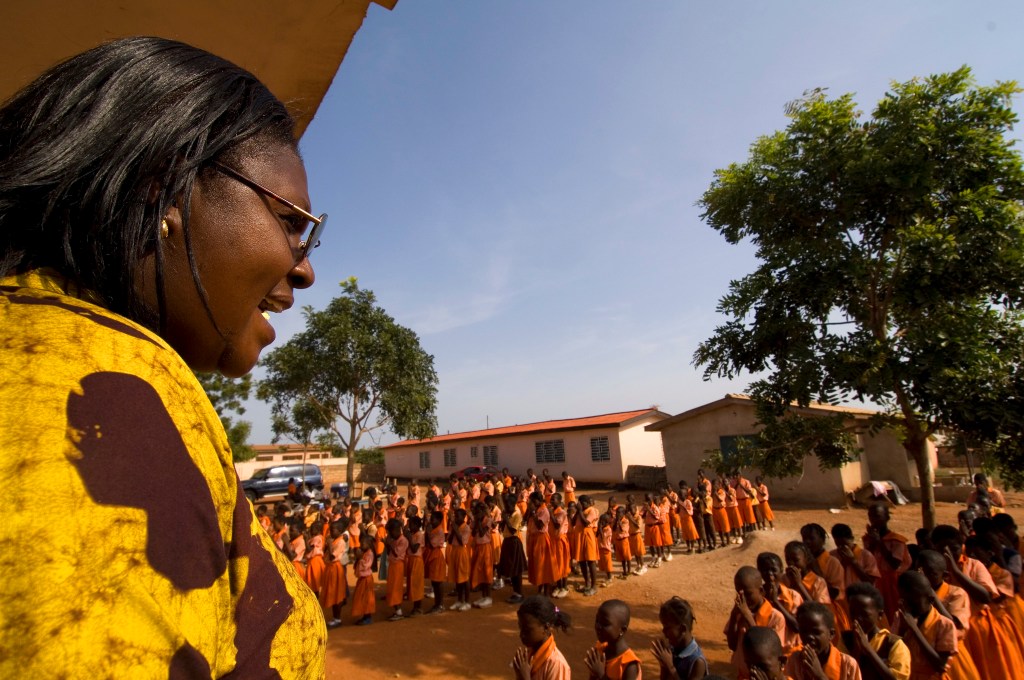
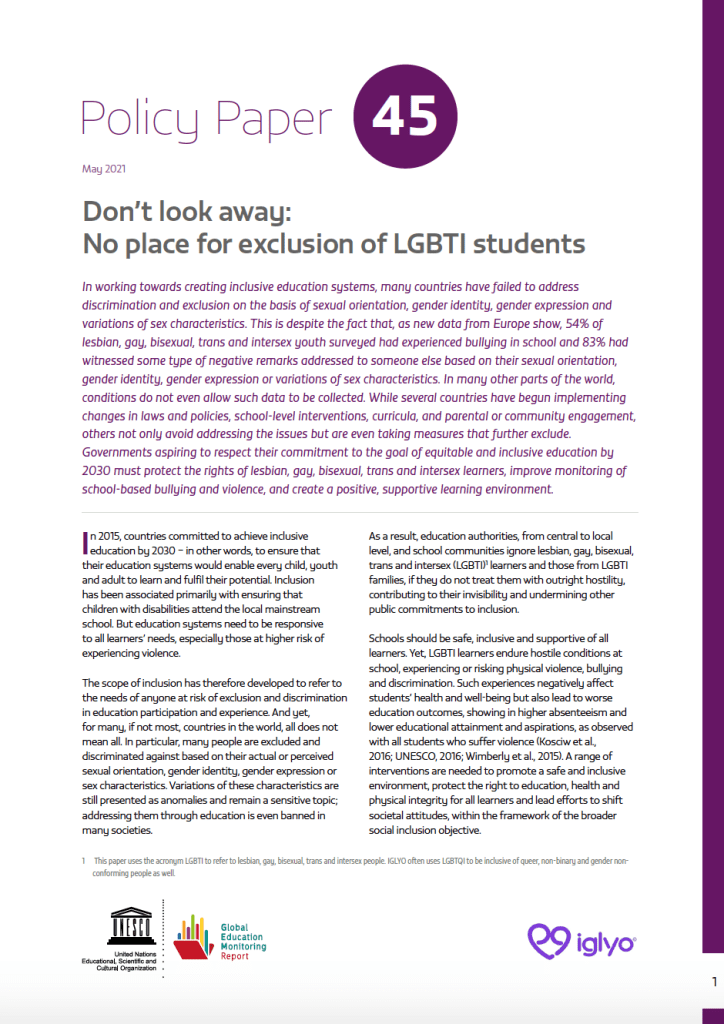
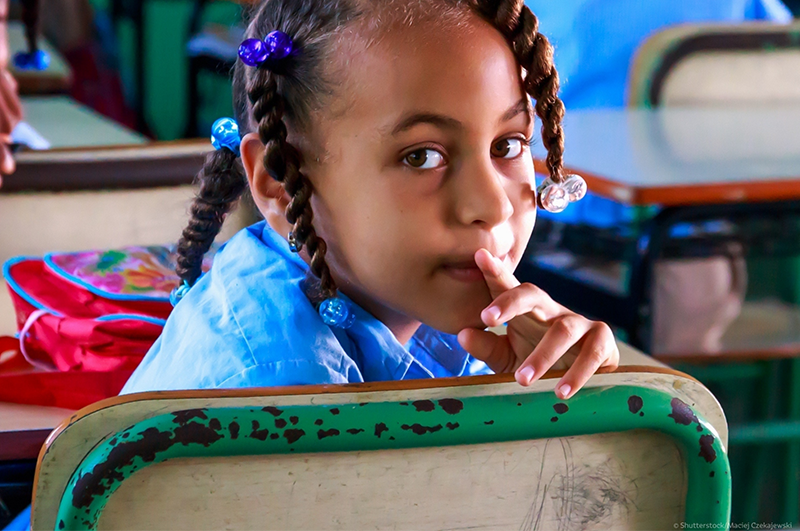
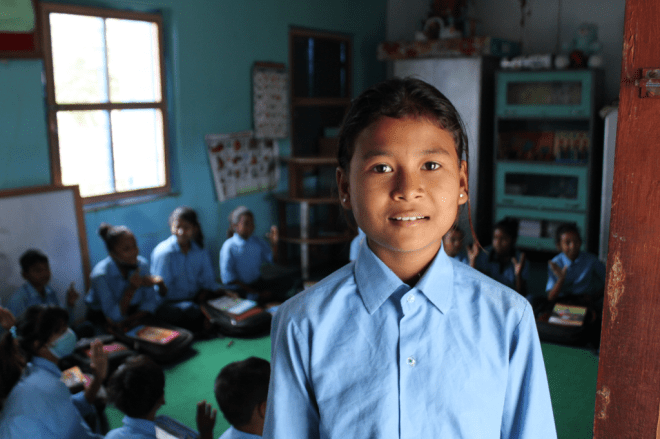
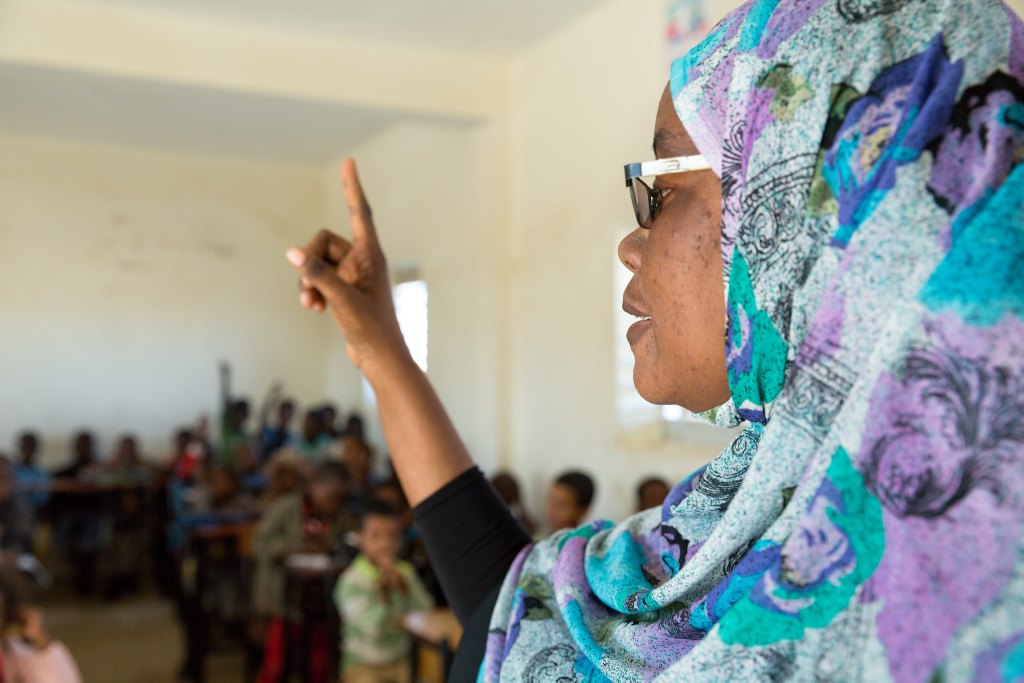
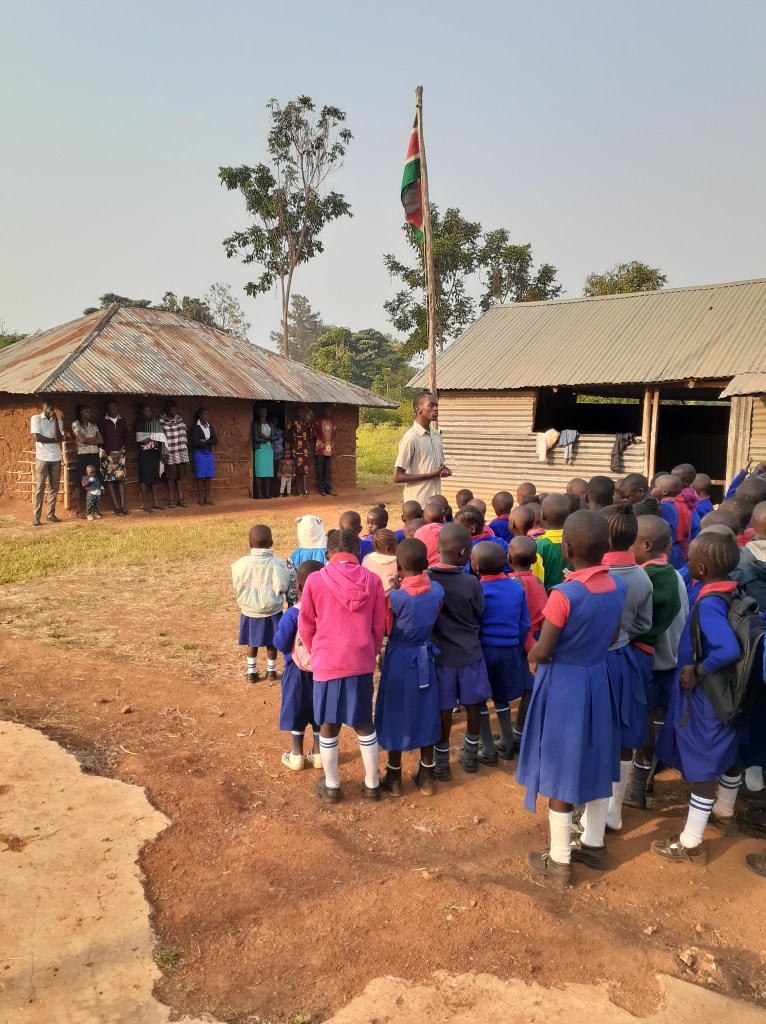




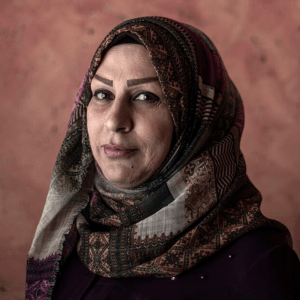
With AI, it would be so simple to post this in other languages… which would broaden the audience for this important message.
Dear colleagues,
Gender equality is an important issue to discuss. The UNESCO Chair focusing on gender and/or race can enhance the pool of community involved in such work. As we look into leadership by female experts, given the fact that universities are involved in UNESCO Chair networks, it is worth making this as diverse as it can be especially when Global North and South are involved to conduct the work. This can be in terms of how knowledge is managed, career progression appraisal is managed and the critical internationalization of higher education is handled for chairs, founding co-chairs that have served right from the establishment of such communities, prospective co-chairs that are challenging pre-existing organization behaviour, managers, leaders and so on. New comptency and qualification is worth valuing, without overlooking African occupational values. As we know, a decade for transforming education in Africa has been dedicated following the African Union theme of education in 2024. Three continental conferences were co-organized by UNESCO and the African Union Commission in late 2024, namely “Transforming Knowledge; Science, Technology, Engineering and Mathematics (STEM) and Higher Education” in respective order, by also involving several partners such as the European Commission, Italian Embassy and the US Mission to UNESCO. Given the fact that UNESCO Chairs are established within universities, it is worth making partnership on equal footing with Africa a priority and when legal loopholes such as business registration for business models in Social and Solidarity Economy which is declared as relevant in 2024 are challenging for Africans, fostering hubs in Global North universities to be the norm. Quota systems for African women can improve gender disparity in higher education leadership whereby the Global North and South are involved
Lul Admasachew,
Affiliate, UNESCO Chair for Global Health and Education,
Ethiopia
Dear colleagues,
Gender equality is an important issue to discuss by also emphasizing the contexts of the Global North and South. The UNESCO Chair focusing on gender and/or race can enhance the pool of community involved in such work. As we look into leadership by female experts, given the fact that universities are involved in UNESCO Chair networks, it is worth making this as diverse as it can be especially when Global North and South are involved to conduct the work. This can be in terms of how knowledge is managed, career progression appraisal is managed and the critical internationalization of higher education is handled for chairs, founding co-chairs that have served right from the establishment of such communities, prospective co-chairs that are challenging pre-existing organization behaviour, managers, leaders and so on. New competency and qualification is worth valuing, without overlooking African occupational values. As we know, a decade for transforming education in Africa has been dedicated following the African Union theme of education in 2024. Three continental conferences were co-organized by UNESCO and the African Union Commission in late 2024, namely “Transforming Knowledge; Science, Technology, Engineering and Mathematics (STEM) and Higher Education” in respective order, by also involving several partners such as the European Commission, Italian Embassy and the US Mission to UNESCO. Given the fact that UNESCO Chairs are established within universities, it is worth making partnership on equal footing with Africa a priority and when legal loopholes such as business registration for business models in Social and Solidarity Economy which is declared as relevant in 2024 are challenging for Africans, fostering hubs in Global North universities to be the norm. Quota systems for African women can improve gender disparity in higher education leadership whereby the Global North and South are involved
Lul Admasachew,
Affiliate, UNESCO Chair for Global Health and Education,
Ethiopia